Petrol Bunks To Stop Fuel For 15 Year-Old Vehicles Starting April 1st: Environment Minister
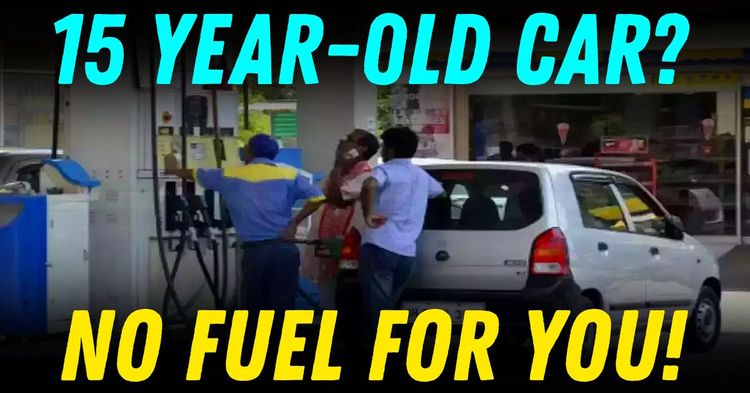

Delhi is trying hard to control air pollution and improve its Air Quality Index (AQI). The state's environment minister, Manjinder Singh Sirsa, announced on Saturday that vehicles older than 15 years will not be allowed to refuel at petrol pumps, starting from March 31. This is part of a series of steps being implemented by the newly elected BJP government, aimed at reducing vehicular emissions and improving air quality in the capital.
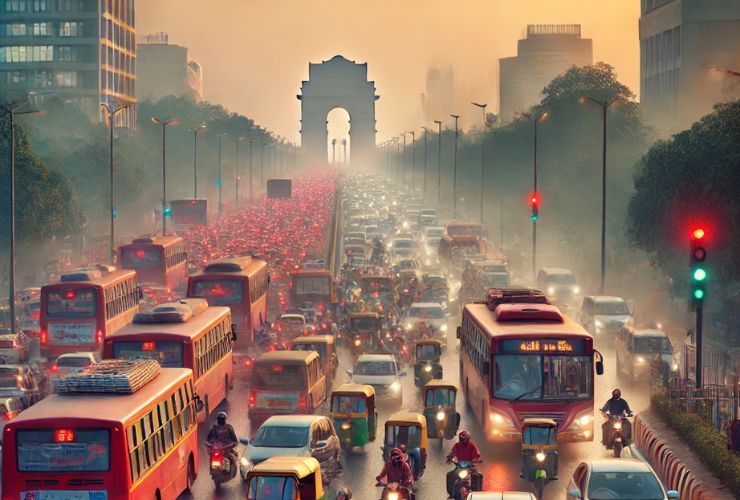
To enforce the ban, petrol pumps across Delhi will be equipped with devices that can identify vehicles older than 15 years, ensuring they do not receive fuel. The Union Ministry of Petroleum has also been informed about this decision to facilitate its fast and effective implementation.
Delhi Petrol Dealers Association President, Nischal Singhania, welcomed the move, highlighting that the Supreme Court had already banned such vehicles from operating in Delhi. He further pointed out that the existing systems at petrol pumps, which capture vehicle number plates for pollution certificate alerts, could be repurposed to detect older vehicles and prevent them from refuelling.
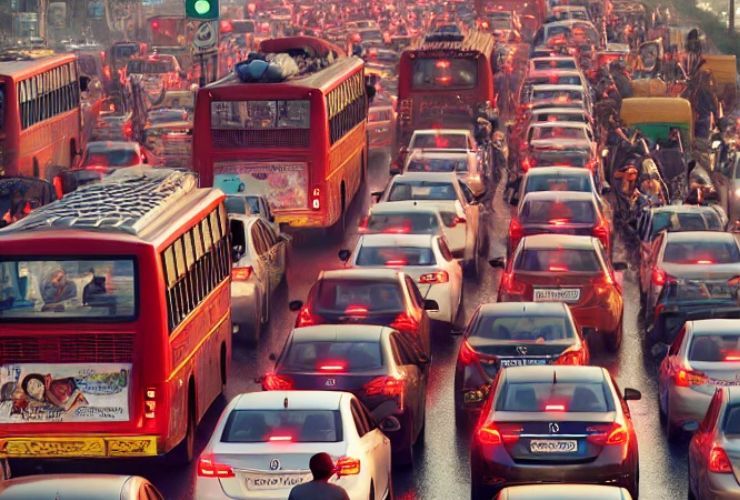
In an attempt to curb air pollution, the Supreme Court (SC) of India imposed a ban on vehicles that are atleast 15 years old, preventing them from operating in Delhi. This ruling came in 2018, and was in fact, an enforcement of the National Green Tribunal order from 2015. It applied to both petrol and diesel vehicles.
Petrol vehicles (two and four wheelers) which are 15 years or older could no longer operate in Delhi and nearby NCR regions. For diesel vehicles, the cap was lower- at 10 years of age. In addition to the ban, a scrapping policy for old vehicles was also introduced in the national capital in 2018.
The new policy gets talkative about how vehicles that are 15 years of age or older cause air pollution. It however, doesn't mention the dire need of proper maintenance in keeping vehicles healthy. It goes without saying that ealthy vehicles pollute less. Thus a poorly maintained 5-year old car could pollute more than a well-maintained 15 year old car.
Policy amendments need to be made to ensure proper maintenance of vehicles, along with raising caution about their age.
Beyond vehicular restrictions, the government is also making it compulsory for all high-rise buildings, hotels, commercial complexes, and major construction sites in Delhi to install anti-smog guns. Sirsa emphasized that locations such as Delhi Airport, large office complexes, and major hotels would need to comply with this rule immediately to control localized air pollution.
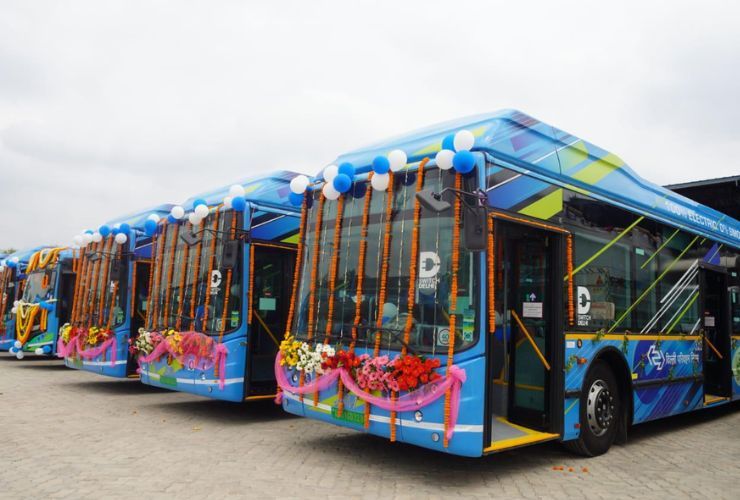
Using clean energy vehicles for public transport is being highly enouraged. The government plans to phase out nearly 90% of Delhi’s existing CNG buses (which produce lower amounts of carbon dioxide, nitrogen oxides, and particulate matter than diesel ones) and induct electric ones to fill the gap. This is expected to be completed by December 2025. This would reduce emissions to a great extent and help in improving air quality in the long run.
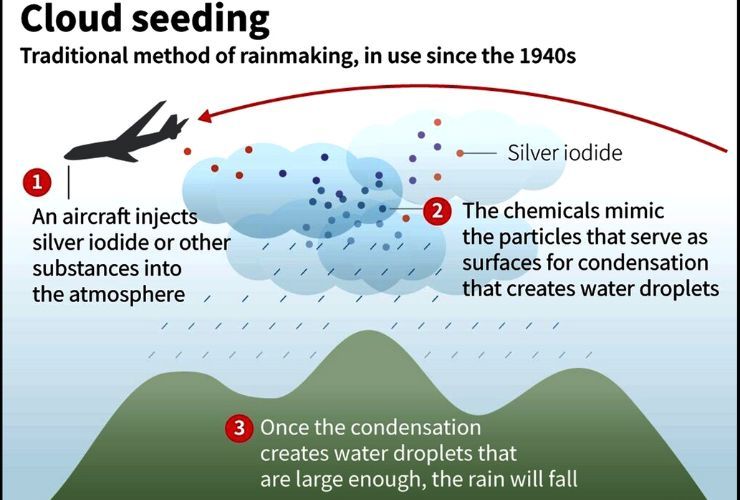
The Delhi government is also seeking permission from the Centre to implement cloud seeding to induce artificial rain whenever pollution levels spike. Rains can provide temporary relief as they wash away airborne pollutants. This will be particularly helpful in improving air quality during critical periods.
Heightened air pollution can even affect the aviation sector. Delhi is prone to smog, especially in the winter. If you are still uninformed, 'smog' is a mix of smoke, fog, and other airborne pollutants. It creates a hazy layer of air, which limits visibility (and ofcouse troubles your health).

It can have a terrible impact on the aviation sector. Pilots find it difficult and unsafe to operate in smoggy weather, and this often causes flight delays and related inconveniences. To cite an instance, the visibility at the Indira Gandhi International Airport was reduced to 100 meters in November 2024.
Circling back, India isn't the only country resorting to cloud seeding to reduce pollution. China, the United Arab Emirates (UAE) and Saudi Arabia use it to reduce pollution and improve water supply.